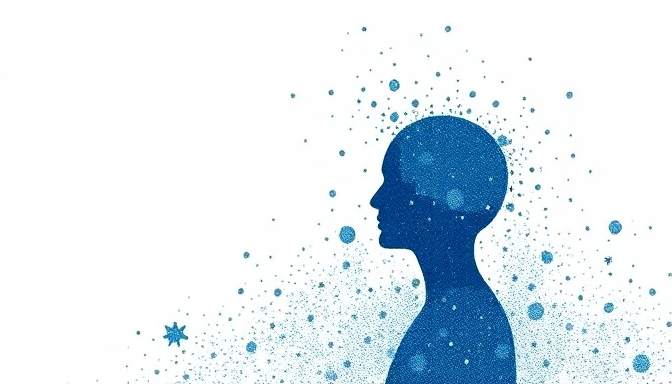
The Brain on Stress: Understanding Cortisol and Burnout
When we experience stress, whether it's a tight deadline or a difficult conversation, our brain's alarm system, primarily the amygdala, signals danger. This triggers the release of cortisol from the adrenal glands, a hormone designed to provide a burst of energy and focus for a short-term threat. Cortisol helps us respond quickly by increasing blood sugar, boosting adrenaline, and suppressing non-essential functions like digestion and immune response.
While this acute stress response is vital for survival, prolonged or chronic stress keeps cortisol levels elevated, leading to significant problems. This constant state of high alert exhausts the brain and body, impairing cognitive functions like decision-making, memory, and creativity. Over time, this sustained chemical bath contributes directly to feelings of overwhelm, exhaustion, and eventually, the debilitating state we recognize as burnout.